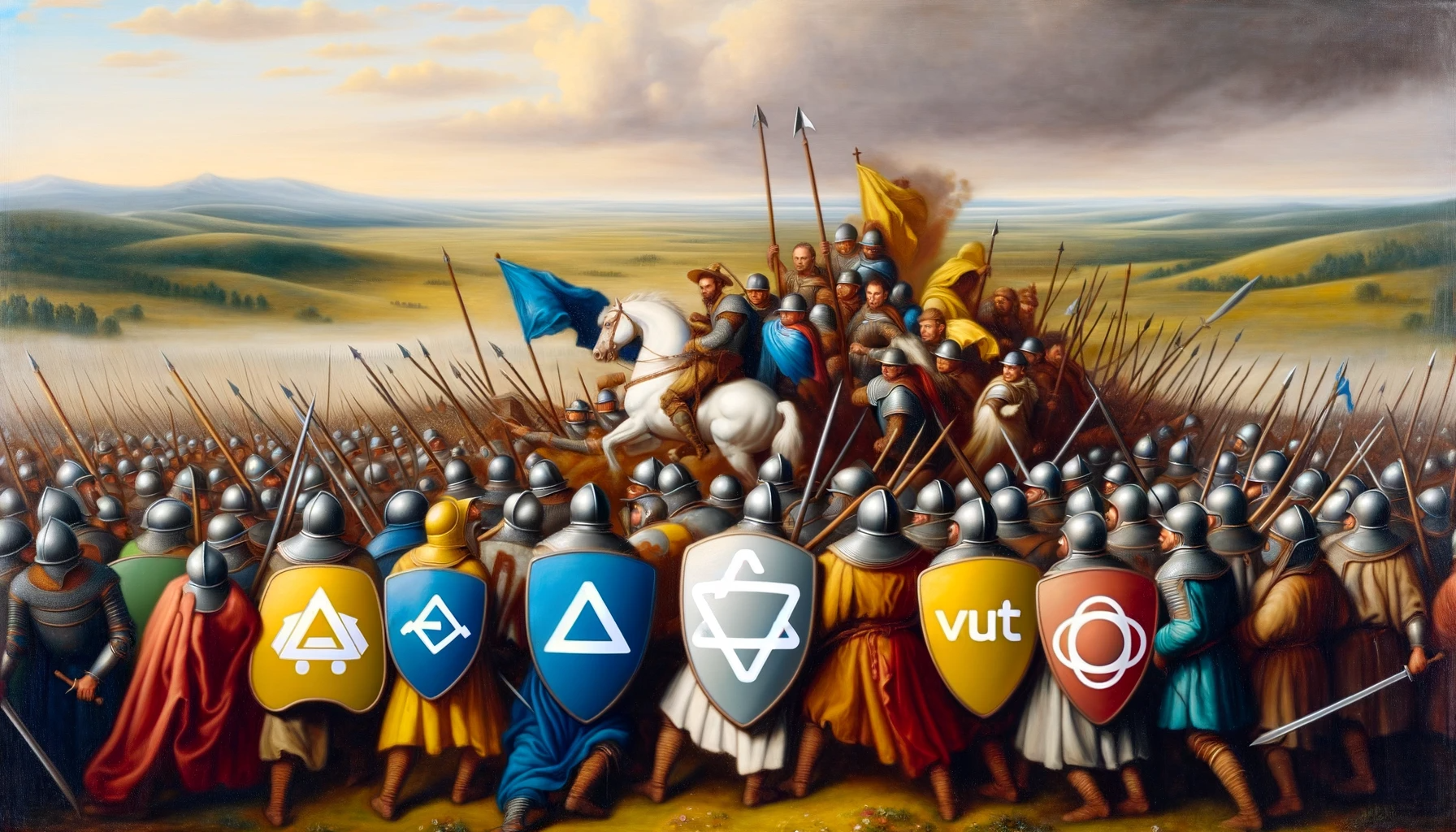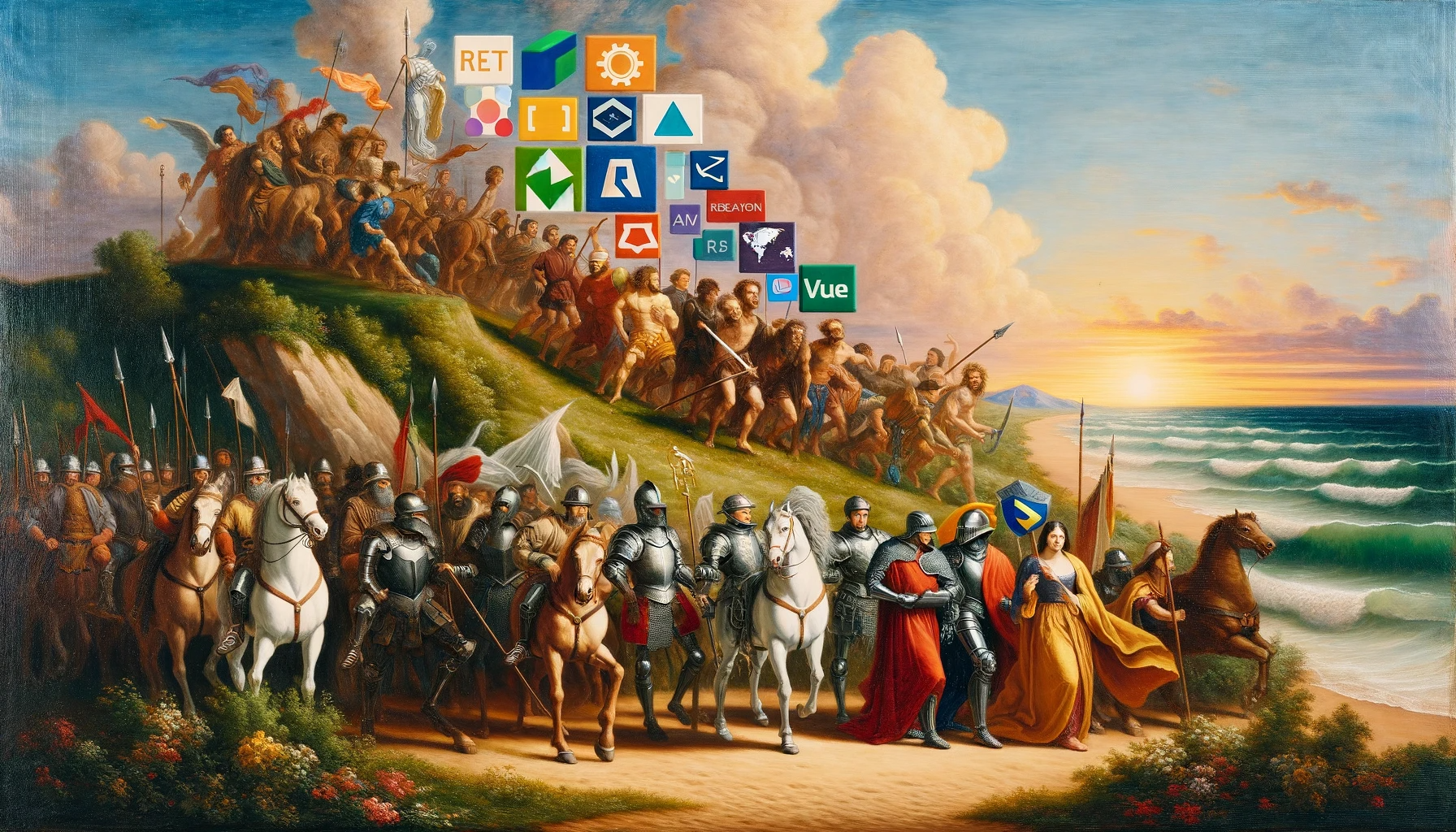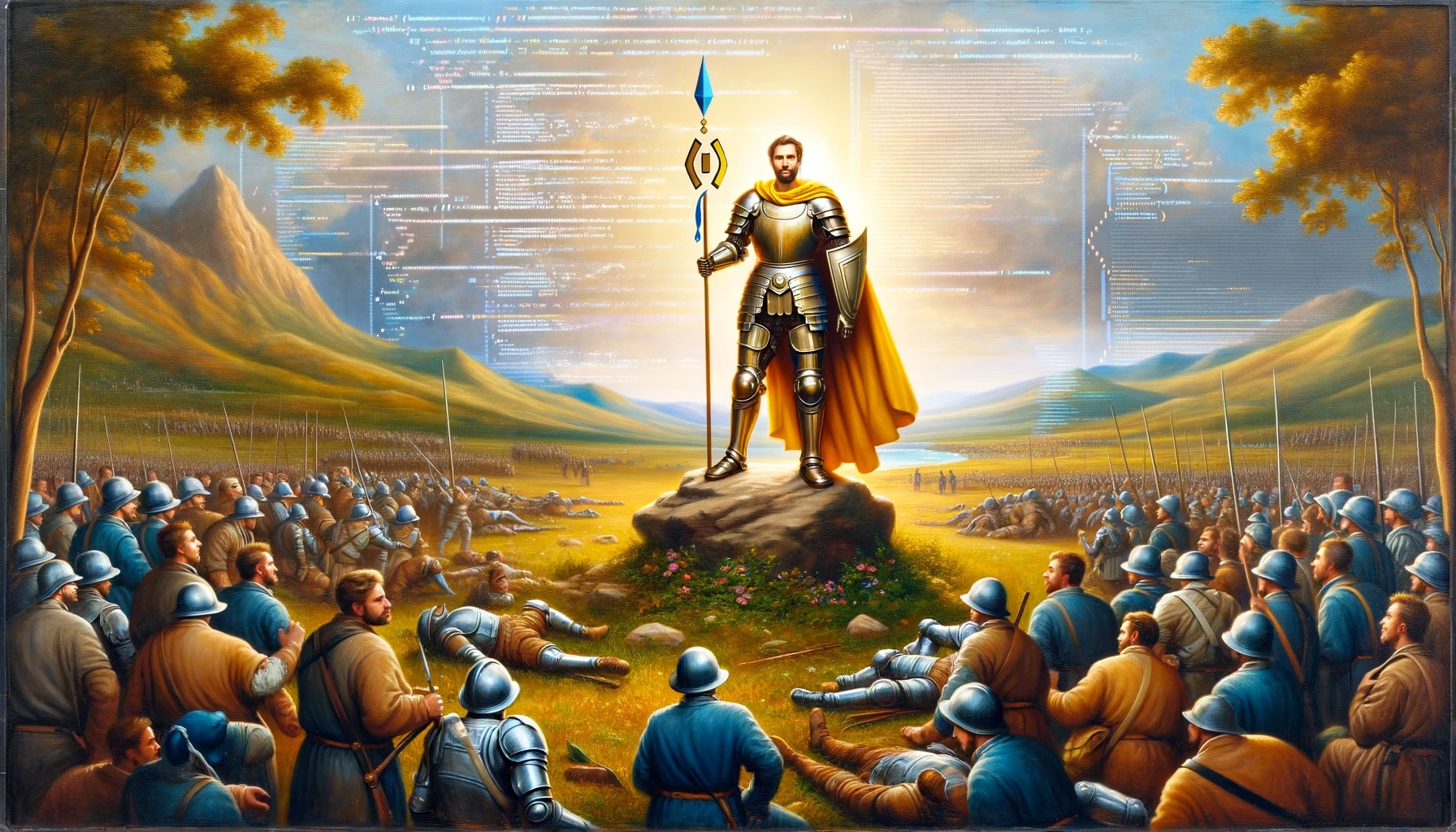GatsbyJS, born in 2015, emerged as a game-changer in web development. Created by Kyle Mathews, it was initially a humble open-source project, but it didn't take long for it to capture the attention of developers worldwide.
In its early days, GatsbyJS pioneered the concept of a static site generator that blended seamlessly with modern web technologies. It embraced React, GraphQL, and a plugin-based architecture, setting the stage for modern web development.
It was during this period that GatsbyJS caught my attention. I was starting to work with React and GraphQL, At the time, we had a WordPress website, and we were exploring headless solutions to enhance performance and security. With Gatsby, the learning curve was a breeze. In 2019, my involvement grew to the point where I founded the GatsbyJS Latin America group. I had the privilege of giving talks on its use, and later that year, at the GatsbyJS Conf, I shared insights on how to build communities, using my experience with GatsbyJS Latin America as an example.

The Battle of Frameworks
As GatsbyJS continued to solidify its position in the world of web development, two formidable contenders entered the arena: Next.js and Nuxt.js. The stage was set for a battle of frameworks, each with strengths and use cases.
Next.js:
Known for its server-rendered pages and dynamic routing, Next.js quickly gained traction. Its seamless integration with React and easy deployment on Vercel made it a compelling choice for many developers. The focus on server-side rendering (SSR) brought enhanced performance to the table.
Nuxt.js:
Born as a framework for Vue.js, Nuxt.js was the go-to option for Vue enthusiasts. It boasted features like server-side rendering, static site generation, and routing right out of the box. Nuxt's developer-friendly conventions and plugins ecosystem fueled its growth.
The competition between these frameworks intensified, leading to a healthy exchange of ideas, features, and improvements. Each framework strived to outdo the others regarding performance, developer experience, and flexibility.
However, with new players joining the scene and various JavaScript frameworks and libraries on the rise, web development underwent a notable transformation. Remix, SolidJS, AlpineJS, and even the established Angular entered the competition. How did GatsbyJS remain relevant in this array of options in 2024?

Gatsby's Evolution
Empowering Developers with Valhalla
In 2022, Gatsby introduced the Valhalla Content Hub, a game-changer for developers. Valhalla enables you to query data from any CMS, API, or database while maintaining a unified approach to data querying. What makes Valhalla unique is its versatility—it works seamlessly with any library or framework of your choice, whether it's React, Vue, Next, Nuxt, Astro, or Sveltekit.
Gatsby's unified data layer has always been its superpower, setting it apart from other frameworks. Developers using different frameworks often faced the challenge of connecting to and fetching data from various data providers, each with its methods and intricacies. This resulted in writing extensive "glue code" and time spent on API interactions.
However, Gatsby's source plugins have consistently simplified data sourcing. They allowed developers to query data from different providers using the same approach, whether the data was sourced remotely or locally. This eliminated the need for excessive code and streamlined the development process.
With Valhalla, you no longer need to dive deep into understanding the nuances of different APIs. Instead, you can focus on crafting web experiences without the overhead of managing complex data connections.
Joining Forces with Netlify
In 2023, Gatsby was acquired by Netlify, a leading platform for modern web development. This union marked a strategic move, aligning their visions to empower developers and reshape the landscape of web development tools.
With a commitment to open source, Gatsby joins forces with Netlify, alongside creators of frameworks like Solid JS and Eleventy. Gatsby's source plugin ecosystem extends beyond content management systems to any data source with an API, simplifying composable architectures. The Valhalla Content Hub, built upon its data layer, offers a hosted, fault-tolerant, edge-first GraphQL API.
Together with Netlify, Gatsby continues its mission to redefine modern web development.

Is GatsbyJS Still Relevant in 2024?
While it's true that GatsbyJS is no longer the "new kid on the block," it remains a robust framework with a clear focus.
According to a recent statement from the GatsbyJS team, the framework is here to stay, and there are no plans to sunset it. They are committed to not only maintaining it but also crafting a forward-looking roadmap for its future.
Gatsby has earned its place as a battle-tested framework trusted by numerous enterprise customers for their core properties. It continues to power large, real-world, high-performing websites, and the team is dedicated to supporting these endeavors.
GatsbyJS remains my preferred choice for crafting static and headless websites. The very blog you're reading is powered by GatsbyJS, hosted on Netlify, and seamlessly integrated with DatoCMS as a headless CMS. If you're curious about the inner workings, you can explore the code on my GitHub repository.
As a web developer, you have the power to create incredible online experiences. With GatsbyJS as your ally, there are no limits to what you can achieve. Keep building, keep innovating, and keep making the web a better place.
Share this article
